Our 3 Locations
Toothache? How to Stop Tooth Pain Fast

Tooth pain can be excruciating. Whether it’s a dull, persistent ache or a sudden, sharp pain, it’s something that most people want to resolve as quickly as possible. The good news? There are steps you can take to minimize your discomfort until you can see a dentist at Peak Family Dental Care. Here’s what you need to know about how to stop tooth pain fast.
What Causes Tooth Pain?
Before taking action to relieve your pain, it’s helpful to understand what’s causing the discomfort. Common causes of tooth pain include:
- Cavities—The most common reason people experience tooth pain, cavities are the result of tooth decay eroding the enamel and exposing sensitive layers of the tooth.
- Gum Disease—Inflamed or infected gums can cause throbbing pain, particularly around the base of your teeth.
- Tooth Sensitivity—Do cold drinks or sugary snacks hurt your teeth? Sensitivity often arises due to worn enamel or receding gums.
- Cracked or Broken Teeth—A fracture in your tooth can open up the nerve endings, causing sharp, shooting pain.
- Impacted Wisdom Teeth—Pressure from wisdom teeth pushing against other teeth can cause intense pain and swelling.
- Abscesses or Infections—Serious infections near the root of the tooth or around the gums can lead to severe throbbing pain that requires immediate attention.
Immediate Solutions for Tooth Pain Relief
When intense pain sets in, you likely want tooth nerve pain relief as soon as possible. However, toothaches don’t always wait for normal working hours, and you might not be able to get an appointment right away. In the meantime, these quick fixes can offer short-term relief while you wait for an emergency dental visit:
Warm Water Rinses
A simple warm, salt water rinse is an effective way to clean the mouth and relieve mild inflammation. Mix a half teaspoon into a cup of warm water and swish the solution in your mouth for about 30 seconds. Spit it out, and repeat two or three times a day. The salt water acts as a natural disinfectant, reducing inflammation and washing away bacteria.
Cold Compresses
If your tooth pain is accompanied by swelling, a cold compress can help reduce the discomfort and calm the affected area. Start by wrapping a clean towel around an ice pack or bag of frozen veggies. Then, hold the towel against the pain source for 15 to 20 minutes at a time. You can repeat as necessary, but take a break between 20-minute shifts.
Over-the-Counter Pain Relievers
Non-prescription medications like ibuprofen or acetaminophen can effectively reduce pain and inflammation. However, you should always be sure to follow the dosage instructions on the packaging or those given by your dentist.
Clove Oil
Some patients find relief with natural remedies. Clove oil, for example, contains eugenol, a natural anesthetic that can numb pain and reduce inflammation. If you choose to use this pain relief method, dilute a few drops of clove oil with a carrier oil like olive or coconut oil. Then, dab a cotton ball into the mixture and gently apply it to the affected area.
Peppermint Tea Bags
Got a peppermint tea bag at home? This unlikely item can use its natural cooling properties to numb the area and provide temporary pain relief. Steep the tea bag in hot water, then allow it to cool to a tolerable warm temperature. After that, you can place the tea bag directly on the sore tooth.
Preventing Tooth Pain in the Long Term
While quick fixes can help in the short term, addressing the root cause is crucial to prevent ongoing issues. Here are some habits to adopt for better oral health and reduced pain:
- Brush and Floss Regularly—Twice-a-day brushing with fluoride toothpaste and daily flossing are essential for keeping cavities and gum disease at bay.
- Avoid Excessive Sugar—Limit your intake of sugar, which feeds harmful bacteria that cause decay. If you do indulge, rinse with water or brush shortly afterward. Consuming too much sugar could lead to a hole in the tooth and pain relief measures.
- Use a Fluoride Mouthwash—Fluoride strengthens enamel and helps fight cavities, making it a great addition to your oral hygiene routine.
- Wear a Night Guard—Do you grind your teeth while you sleep? Teeth grinding, or bruxism, can cause tooth pain and enamel erosion. A night guard works to protect your teeth from the damage caused by grinding.
- Schedule Regular Check-ups—Regular dental check-ups every six months are the best way to catch problems early and keep your smile healthy.
Helping You Prevent Tooth Pain
It would be nice if you could kill tooth nerve pain permanently in three seconds, but that is rarely the reality. While you can take steps to minimize short-term discomfort, you’ll need professional dental care to really find relief. Fortunately, our dentists in Flagstaff, Cottonwood, and Sedona, AZ are here to help. Request an appointment with Peak Family Dental Care to address tooth pain today.
